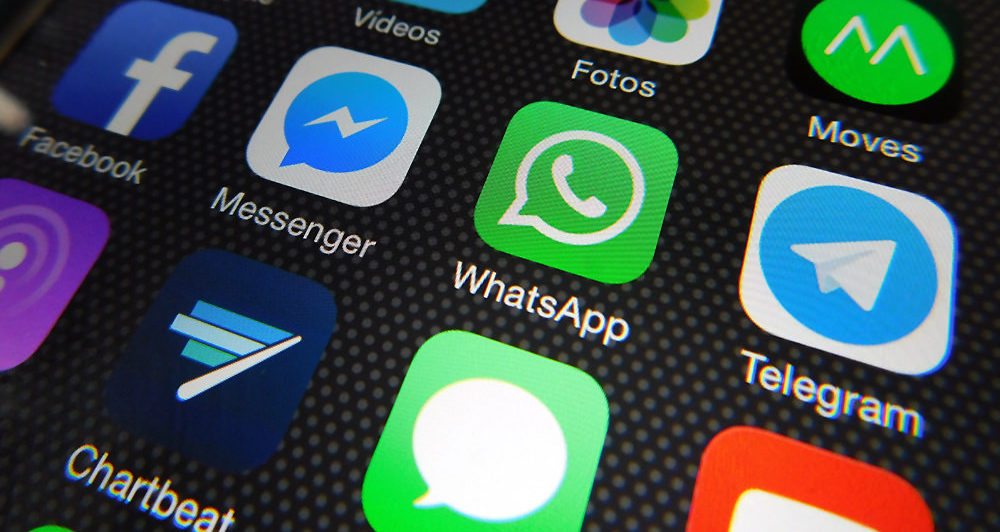Facebook Messenger encryption: A lock too far?
Facebook has announced its intentions to use end-to-end encryption in the next version of its Messenger app. Developed with Open Whisper Systems, a non-profit encryption software used by Whatsapp and Google’s messaging app Allo, it’s thought the update will be released in autumn this year.
Previously, messages sent using such apps were only encrypted between the sender and servers, giving the company access to messages at any time. Now, end-to-end encryption allows messages to be read solely by the sender and the intended recipient. This means your Facebook messages should then be less susceptible to being intercepted by cyber-criminals, third parties and even Facebook itself.
End-to-end encryption allows messages to be read solely by the sender and the intended recipient
Message encryption has come under scrutiny in the wake of the 2015 San Bernardino attack, after Apple refused to help the FBI access files on an iPhone belonging to one of the shooters. The move sparked intense debate and a law suit questioning whether personal privacy is more important than national security. The CEO and co-founder of Whatsapp Jan Koum expressed his support for the actions of Apple at the time, and it came as no surprise when early this year the messaging service increased its message security. From April 2016 onwards all forms of Whatsapp communication have used full end-to-end encryption, from group chats to multimedia.
Now Facebook has decided to follow in the footsteps of Whatsapp, intending to implement end-to-end encryption in the form of ‘Secret Conversations’. While Whatsapp’s encryption is enabled for all users, with no option for sending non-encrypted messages, Facebook is testing an optional feature that will allow users to encrypt only chosen conversations. Enabling a secret conversation will not only ensure that your messages remain completely private, but will also allow you to control how long your messages are able to be read for- a self-destruct for any sensitive information, so to speak.
End-to-end encryption is only supported for your messages, leaving pictures, videos or GIFs less secure
Facebook will be able provide a more adaptable service by allowing users to disable encryption. This would allow regular conversations to be accessible on multiple devices, while secret conversations can only be viewed on one. However, in the updated app, end-to-end encryption is only supported for your messages, leaving pictures, videos or GIFs less secure.
While the prospect of keeping our messages private from eavesdropping third parties is appealing, end-to-end encryption has little direct effect on the average consumer. As a user of Whatsapp and Facebook Messenger I personally didn’t have much idea of the feature’s implications until writing this article. The major impacts of the encryption trend are arguably in matters of both personal and national security.
Some worry that end-to-end encryption will give criminals more opportunities to communicate without authorities being able to intervene
Many thought after the San Bernardino attack that it was necessary for companies to help the FBI gain files from personal devices in order to protect national security. Some worry that end-to-end encryption will give criminals more opportunities to communicate without authorities being able to intervene. Undeniably, having access to private files of criminals would make investigations much easier, but at the same time doing so would set a dangerous precedent that could undermine our own private security. End-to-end encryption stresses the right of all people to communicate freely and aims to protect people’s personal safety, even if authorities argue it is doing the opposite.

Comments